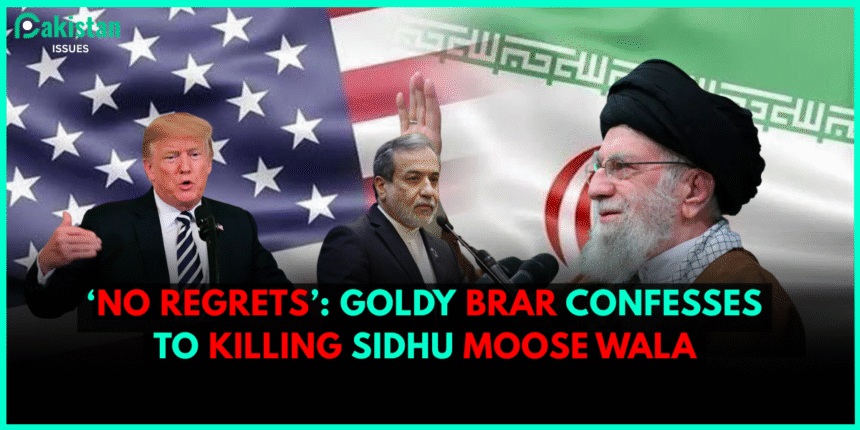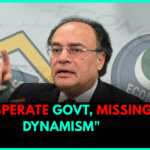As negotiations to revive the 2015 Iran nuclear deal continue to unravel, Tehran has stepped up its rhetoric — this time issuing a direct warning to the U.S. military. In a statement that caught global attention, a top Iranian military leader hinted that any perceived aggression near Iranian borders would be met with force.
General Hossein Salami, commander of Iran’s Revolutionary Guard Corps, said the country is watching U.S. troop movements closely. “We are not looking for war,” he stated during a televised address. “But if a confrontation is imposed on us, we will respond without hesitation.”
The sharp remarks come at a time when trust between Washington and Tehran is hanging by a thread. Despite several rounds of stalled negotiations, neither side has completely walked away — yet both accuse the other of playing politics.
There are indicators on the ground that tensions are on the rise. The U.S. Navy has reportedly increased its reconnaissance and patrol activity in the Persian Gulf, an area with a history of flashpoints. Iranian vessels also presently seem to be increasing operations – raising the prospect of a maritime event.
Analysts say the situation remains volatile. “This is not just about diplomacy anymore — it’s about who blinks first,” said Farhad Motaghi, a regional affairs analyst based in Istanbul. “Iran wants leverage, and the U.S. wants compliance. That’s a dangerous mix.”
Israel is worried as well. Prime Minister Netanyahu raised another alarm, saying his country would not allow Iran to become nuclear capable. “We will not be quiet if Iran crosses the red lines,” he said in a recent security conference.
Back in Tehran, ordinary Iranians express a mix of fatigue and frustration. “We’re tired of sanctions, tired of threats. We just want some normalcy,” said one shopkeeper in central Tehran.
With no deal in sight and both sides trading warnings, many fear the current standoff could trigger a miscalculation neither side is ready for.










